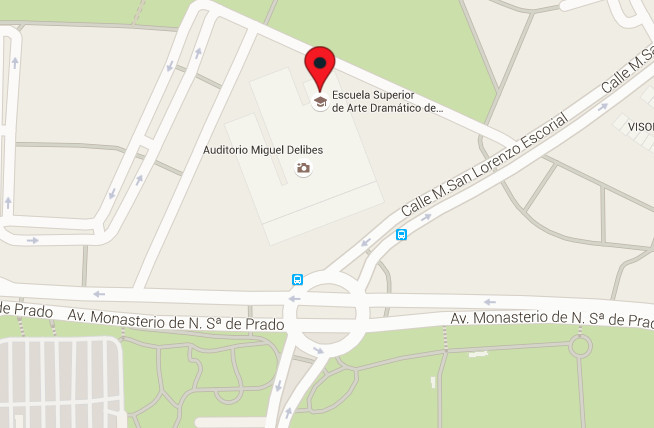In order to promote the mobility of students both among higher-education institutions in other countries and among higher-education institutions within the same country, ESADCYL has a regulation for recognition and transfer of credits that is in accordance with the provisions of Order EDU / 466/2017, 13 June, which regulates the system for recognition and transfer of credits in higher arts education delivered in the autonomous community of Castilla y León (cf BOCYL, 20 June 2017). This regulation arises under the provision of Article 6 of the Royal Decree 1614/2009, 26 October, which establishes the ordinance of higher arts education regulated by the Organic Law of Education 2/2006, 3 May, where it is stated: ‘Educational Administrations will make public their regulations on the system for recognition and transfer of credits of higher arts education’. Article 9 of the aforementioned order establishes the specific criteria for the recognition of credits in masters degrees:
- Students registered for masters studies may only obtain recognition of credits obtained from studies at a level equal to or higher than the masters.
- For this recognition of credits, specific criteria established in the standardisation report on the degree will be applied. These can be found on the website of the centre in which the course is given.
General conditions for obtaining recognition of credits
Students may request recognition of credits obtained in official courses at other centres of higher arts education or at European Higher Education Area (EHEA) centres in accordance with the following premises:
- In general, credits obtained in official education in centres of higher arts education or other centres of the EHEA may be recognised when there is a correspondence of more than 75 percent between the competences and contents of the courses already taken and those specified in the study programme for which recognition is requested, even though the courses of origin and those of destination may not have the same title.
- There will be full recognition of subjects or courses taken on official university masters degree courses, depending on the suitability of competences and knowledge associated with the completed studies and those specified in the study programme of the Masters in Higher Arts Education.
- Several subjects of origin may be used for recognition of credits corresponding to a single destination subject.
- Recognised credits must correspond to complete destination subjects. There will be no partial recognition except in the case of external placements.
- Credits assigned to the Dissertation will not be recognised.
- Recognised credits may not exceed 60 percent of the total credits of the study programme of the degree intended to be taken.
- Requests for recognition of credits will have their origin in subjects or courses actually taken and passed; in no case will they refer to subjects or courses previously recognised, validated or adapted.
- In the case of students participating in international mobility programmes endorsed by ESADCYL with universities or other higher-education institutions, recognition as stated in the academic contract established before their departure will be obtained.
Recognition of credits through work or professional experience
Work or professional experience may qualify for recognition of academic validity. In this case:
- The number of credits that are subject to recognition may not be higher than 15 percent of the total credits that constitute the study programme.
- Recognition of these credits will not incorporate numerical scores, therefore said credits will not count for the purpose of rating student records.
- Recognition of credits will always be carried out by analysing the correspondence between those accumulated on the Masters, which must always be duly verified, and those acquired within the framework of personal experience.
It will also be possible to recognise credits for work and professional experience in the case of students who meet and demonstrate the requirements indicated in Articles 11.4 and 11.5 of Order EDU/466/2017, 13 June. In relation to the latter article, it will be the Credit Recognition and Transfer Commission that will specify the duration and type of activity necessary to proceed with recognition, taking into account that said duration must be at least the same number of hours as the ECTS credits they wish to have recognised.
 English
English
 Español
Español 





